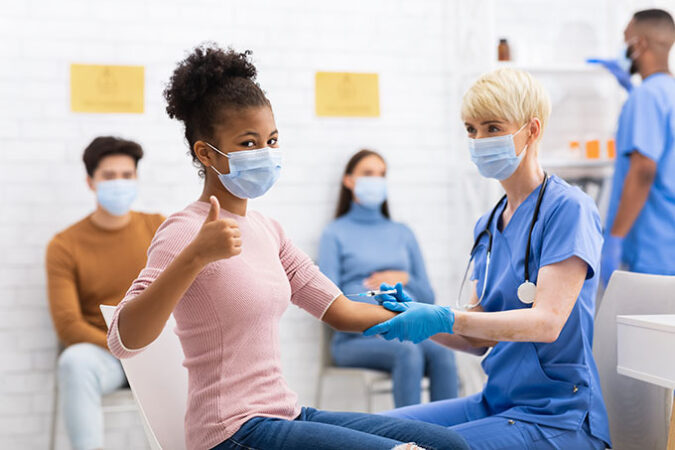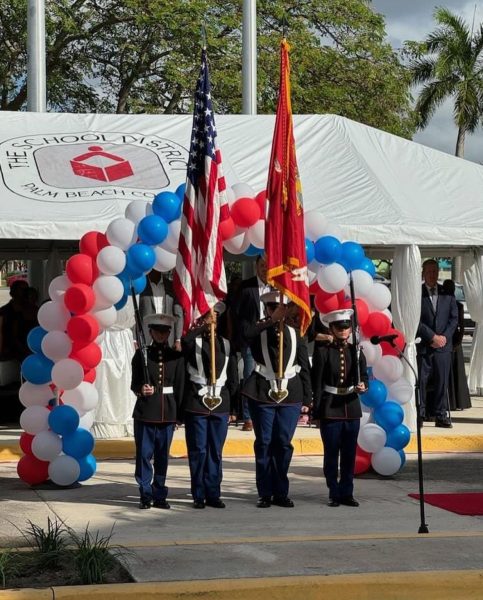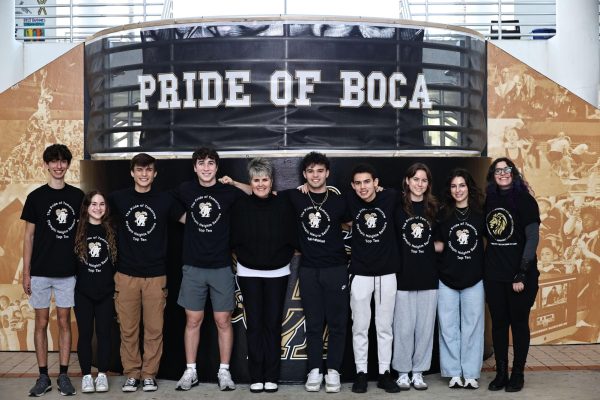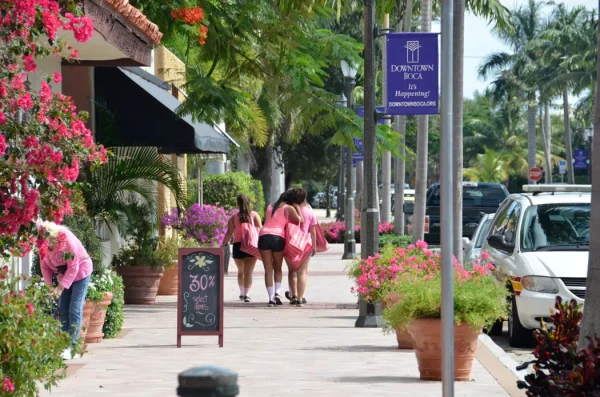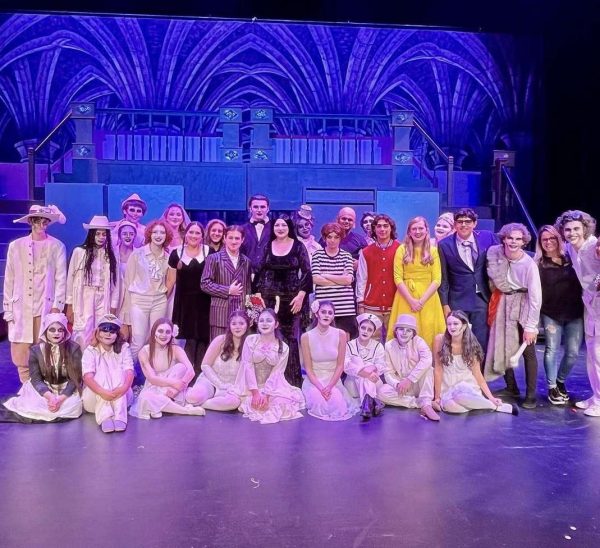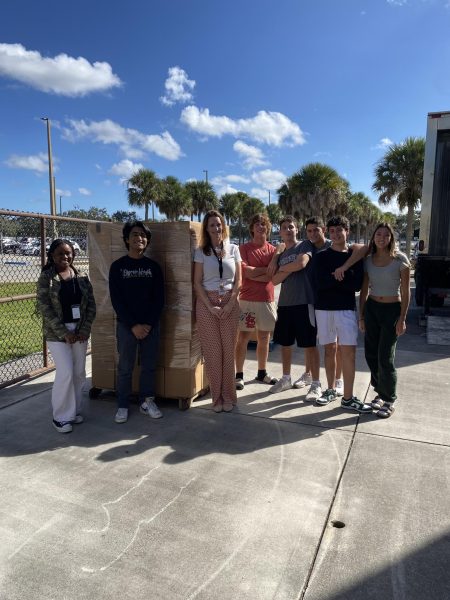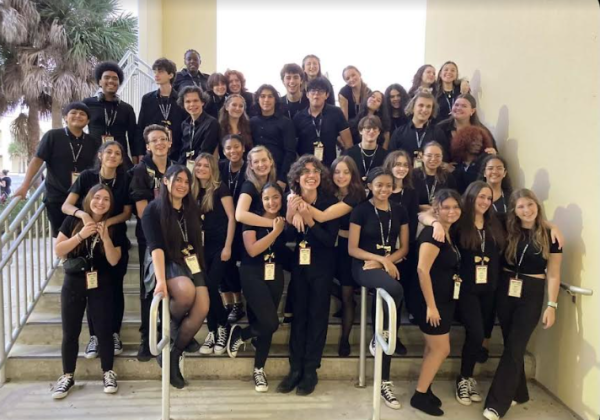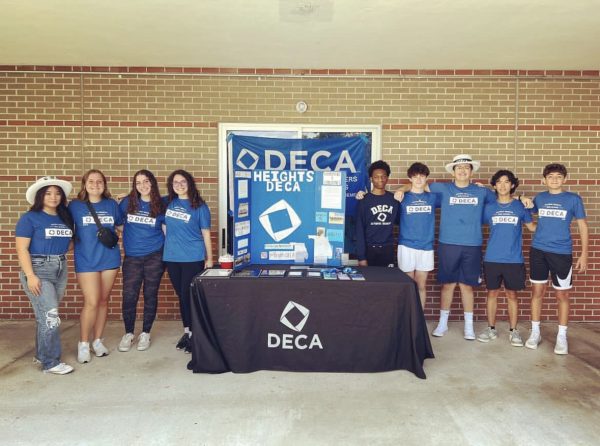Teens getting vaccinated as doses become more available
With the COVID-19 vaccination becoming more readily available, young people are finding it easier to get the shot.
The rollout of COVID-19 vaccinations is in full swing across the country. The first vaccine, the Pfizer-BioNTech COVID-19 Vaccine, was authorized for emergency use (EUA) by the U.S. Food and Drug Administration (FDA) on December 11, 2020.
Pfizer was quickly followed by the Moderna COVID-19 Vaccine. It was EUA’d by the FDA on December 18, 2020. With two vaccine options approved for distribution, the government was quick to begin its massive vaccination rollout.
The government immediately prioritized vaccinating front-line workers. Next on the list were older people and people with pre-existing conditions that put them at higher risk of death if they got COVID-19. At the bottom of the priority list sat young, healthy people.
However, young people have begun managing to get themselves vaccinated. A prime example of this is with online groups and websites of young people who are crowdsourcing and “vaccine hunting” for distribution sites with vaccine doses that are soon-to-be expired. Some may consider this unfair, but they are preventing those doses from going to waste.
It isn’t just an online “hunt” for vaccines; young people are finding the opportunity wherever they can to receive the COVID-19 vaccination. This sparks a controversial discussion about the ethical, moral, and logical benefits and downsides of younger people getting vaccinated before older and high-risk people.
With more young people gaining access to a COVID-19 vaccine, the coverage of vaccinations has begun on popular social media platforms. YouTuber and podcast host Nicole Rafiee recently documented her own experience of receiving her vaccine (link: https://www.youtube.com/watch?v=6nbtauJaXG4&t=752s).
The 21-year-old has grown popular on social media from her videos on important topics such as self-love, feminism, and persuading people to social distance during the pandemic. Rafiee had the opportunity to get vaccinated along with her high-risk family members; she vlogged her experience and discussed her support for young people receiving the vaccine.
“I know there are so many people with the mentality of ‘I qualify for the vaccine, but I don’t want to take it away from someone else,’” explained Rafiee in her video. “No, there are so many vaccines; there are enough to go around, and there will be enough to go around.”
More than 486 million doses of the COVID-19 vaccines have been administered around the world, making this the largest vaccine rollout in history. In the US, 130 million doses have been given, with about 2.49 million doses per day. According to the New York Times, Florida alone has 24.5 percent of its population who have received at least one dose.
It is a known fact that older people, people with pre-existing conditions, and front-line workers are at a much higher risk for contracting COVID-19 due to their weakened immune systems and higher rates of exposure. Therefore, some feel it is more important to vaccinate these groups before moving on to those at lesser risk.
OH sophomore Jackie Davis agrees that higher-risk individuals must be first in line to receive a vaccine. “I think it’s important that the most vulnerable people are vaccinated first. I disagree with younger people, excluding those with risk factors, getting vaccinated before them,” Davis expressed.
On the contrary, receiving a vaccine, regardless of risk level, will prevent other people from being sick. Some people are unable to be vaccinated, including young children. The age requirement for Pfizer is 16 years old, and for Moderna the requirement is 18 years old, as the two vaccines have yet to be completely tested and approved for children.
By receiving the vaccine themselves, people will not just be protected from others, but others will be protected from them. In her video, Rafiee touched on the concept of “herd immunity.” She explained, “When the majority of the population is immune to the virus, it helps slow down the spread of that virus to people who cannot get the vaccine or people who are really high-risk.”
Furthermore, COVID-19 symptoms differ from person to person, so some young people could potentially have a drastic case. Younger people are more likely to experience fewer or less severe symptoms if they contract the virus. Many debate whether they should let higher-risk people access the vaccine first because they assume that they will be asymptomatic should they get COVID-19.
There are many unknowns about discerning the symptoms and severity of COVID-19 cases, so many young people are pushed to get vaccinated as soon as they are able because they have no idea how they will react to the virus if they get sick. The U.S.’s top infectious disease expert, Dr. Anthony Fauci, wholeheartedly agrees with getting vaccinated once able.
Fauci demands urgency in the vaccine rollout because he fears the mutation of the coronavirus into a virus resistant to the current vaccines. He believes it is vital that all people, including young people, get vaccinated as soon as it is available to them.
“I would take whatever vaccine would be available to me as quickly as possible,” expressed Fauci. “We want to get as many people vaccinated as quickly and expeditiously as possible.”


